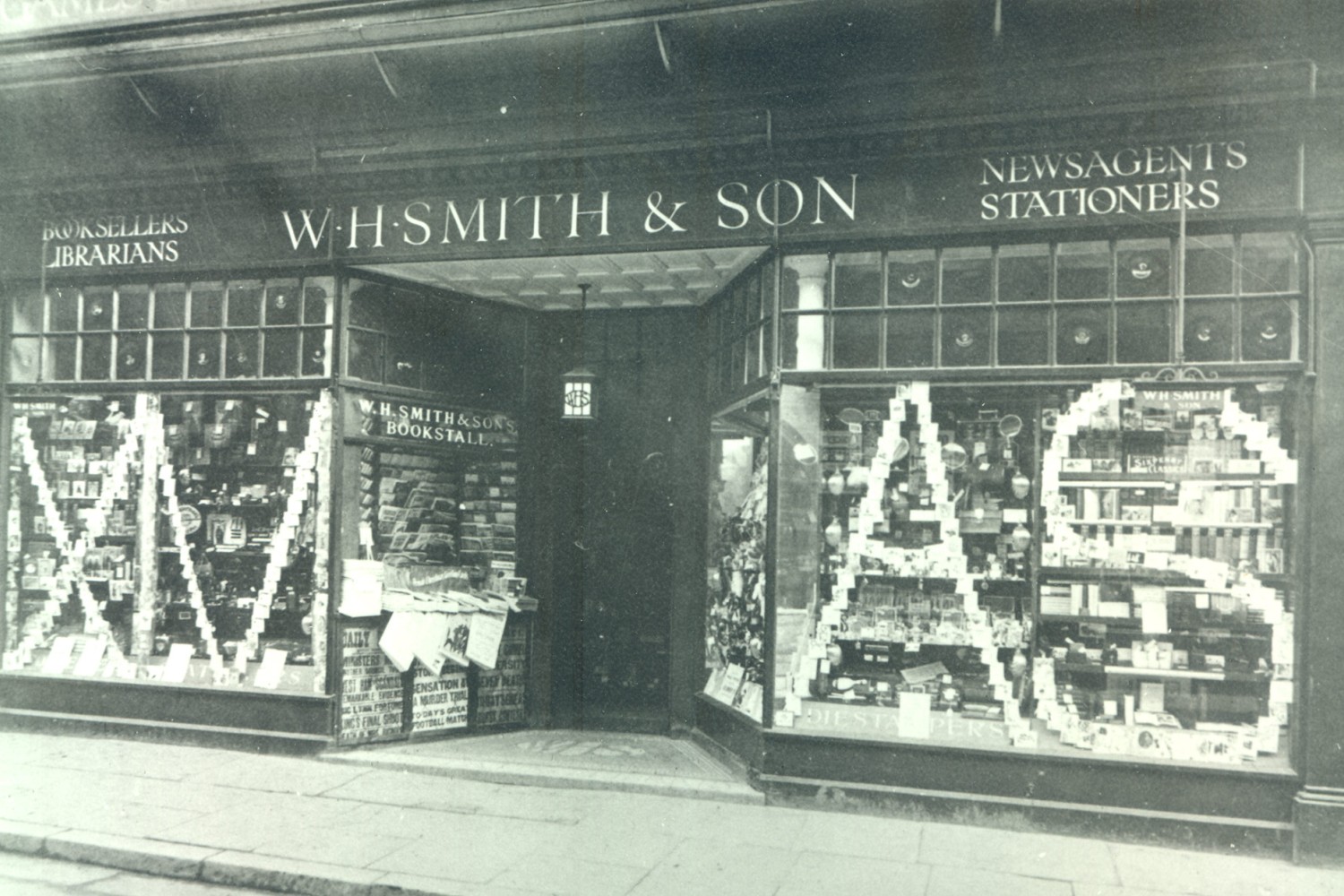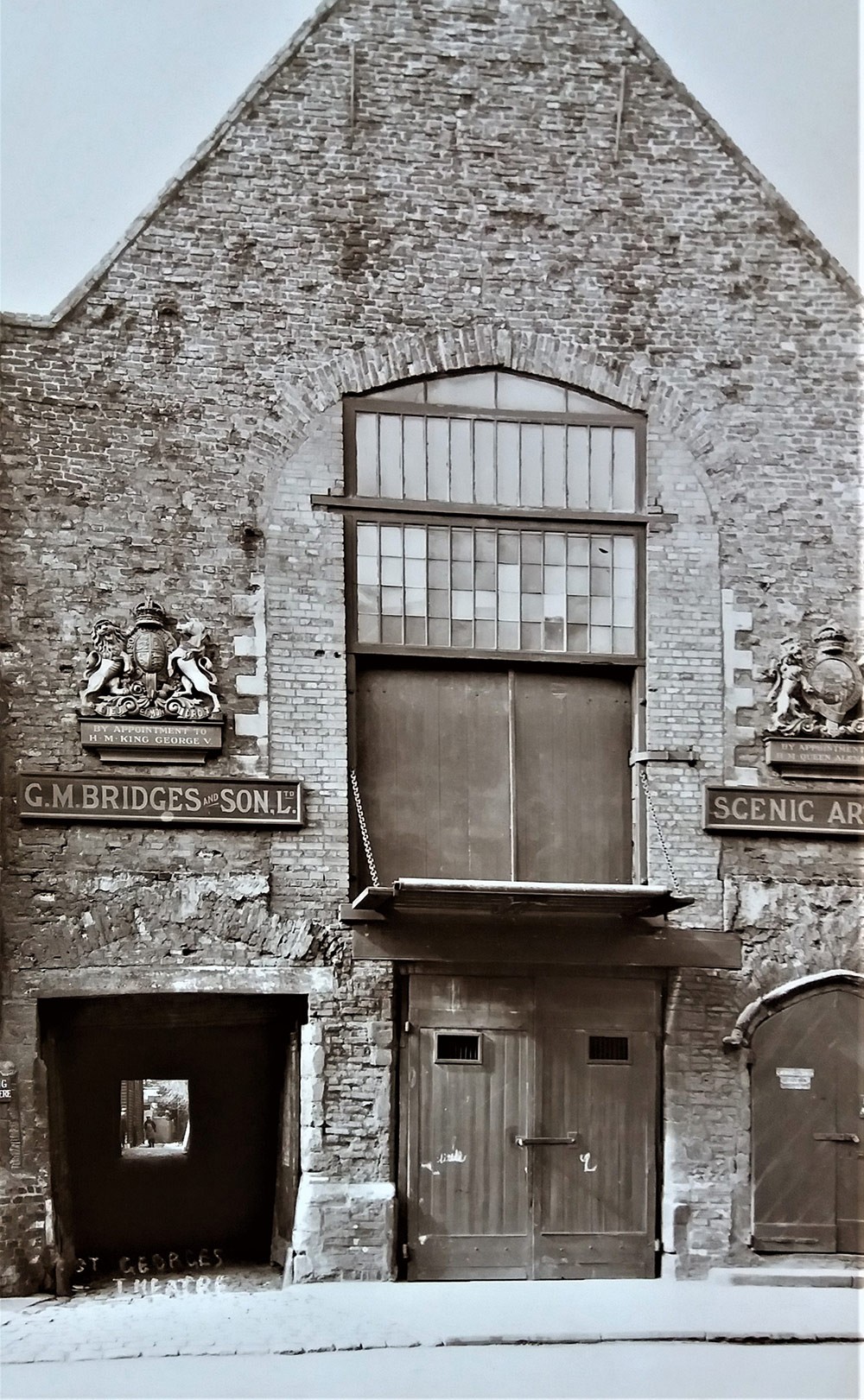
Memories of Christmas past
As we prepare to celebrate the festivities, Alison Gifford takes a look back at what Christmas was like 100 years ago

How often have we heard that the Christmases of the past were less commercial, more in tune with the spirit of the season and generally low key? A glance at the front page of The Lynn Advertiser for 18th December 1912 will soon change your mind.
At this time advertisements for local businesses appeared on the front pages of newspapers and from ‘exquisite novelties in lace’ and pianofortes to cheap M&GN Railway Christmas excursions, every grocer, haberdasher, jeweller in the town was after people's hard-earned money. And to make sure your Christmas cards went out (and arrived) on time, Thew & Son even boasted the production of ‘private Christmas Cards ready for foreign mail.’
Charles Dickens defined our modern idea of Christmas with his 1843 story A Christmas Carol, which linked Christian values with the idea of sharing and a festive generosity of spirit. No doubt the great author would have been flattered to know that readings from The Pickwick Papers performed by the Congregational Players with ‘gentlemen of the town’ was a regular entertainment in Lynn over Christmas.
For children, ‘dancing and party frocks’ were offered for sale by Allen Howard & Howard (who proudly announced they were ‘drapers by appointment to the King’) and an announcement was made that W.H. Smith & Son had a 'Christmas Bazaar in the Arctic Regions' open at 23-26 High Street, King’s Lynn. A special showroom was decorated with arctic scenery by G.M. Bridges & Son and included a large variety of Christmas gifts.
"We have also made full preparations for meeting the needs of the children," they said. "No child in or near King’s Lynn should fail to pay a visit to our Games and Toy Department. It will be a real delight to them."
As for G. M. Bridges & Son the backgrounds came from their workshop in the Guildhall of St George in King Street, where they also made scenery for the Royal Family’s Christmas shows at Sandringham when they transformed the ballroom every year into a theatre. The newspaper tells us that the theatricals were part of an ‘All British Yuletide’ with a turkey from the Sandringham farms, a tree from the Sandringham woods and a pudding made of ‘all Empire ingredients.’
It seems unlikely that the majority of the inhabitants of Lynn wondering whether to buy Jaffa, Valencia or mandarin oranges from Ladymans or even Jordan almonds and Imperial plums had any idea that just a fortnight earlier the Austro-Hungarian empire had issued a general mobilisation to all its military men and reservists in anticipation of war. Within two years those dark days would engulf most of Europe and cost some 20 million lives. Although we'd still have cakes, mincemeat and chocolates the world would never be the same again.
But for the time being, local shoppers could eat, drink and be merry.
Peatling & Crawdron had ‘shipped to their own Bond, Purfleet Quay, Christmas Speciality Vintage Port at only 30/- a dozen bottles’ - and the price included the carriage. You can still see the premises of this company on Purfleet Quay (it's currently the home of the local Probation Office) and the extensive underground cellars have survived to this day.
If you wanted to see your Christmas dinner up close and personal, you could always visit the King’s Lynn Christmas Fat Stock Show held in the Livery Stables in London Road on December 9th - where cattle, sheep and pigs were entered into a prizewinning competition followed by an auction which included dressed fowls.
While S.S. Burlingham at 81 High Street had ‘gold bracelet watches’ for sale as Christmas gifts for those who didn't have to worry about their budget, the workhouse in Exton’s Road was home to about 400 paupers. King George V subscribed 3 guineas towards a fund for a Christmas tree and treats, and sent a hamper of game shot at Sandringham consisting of 10 pheasants and 60 rabbits.
According to the Norfolk Chronicle at the time, "after doing full justice to the welcome gift, the inmates marked their pleasure by singing the National Anthem."

Gifts of oranges, sweets, crackers and tobacco for the men were also given by local shopkeepers. To add to the cheer of their day the mayor visited and gave them a few words of moral advice.
We also learn that the ‘deserving poor’ in Framingham Almshouse in London Road were presented with tea and Christmas fruit by the Master and that additional outdoor relief was given in Christmas week. Meanwhile The Unemployed Relief Fund (which provided paid work from donations of £270) put 80 men to work levelling the nearby recreation ground.
“The work given them is sufficiently remunerative to ensure they will not be without a Christmas dinner," it was reported.
For the ordinary family in 1912, Christmas was a very short-lived celebration, generally only involving Christmas Day and Boxing Day. The tree and decorations would traditionally be put up on Christmas Eve, and a whole year’s careful savings would be spent on thrifty gifts and extra food. For many with hard and cheerless lives, Christmas was eagerly celebrated in the middle of a cold and dreary winter.
In our rather cynical 21st century it's easy to see Dickens' version of Christmas as too sweet, too syrupy, and too sentimental - but 100 years after he wrote A Christmas Carol our decorations were being made of strips of old newspaper and the most sought-after gift was a bar of soap.
It's a reminder that the essential joy of Christmas remains in the company of family and friends, and the giving and receiving of gifts made with care by loved ones.
